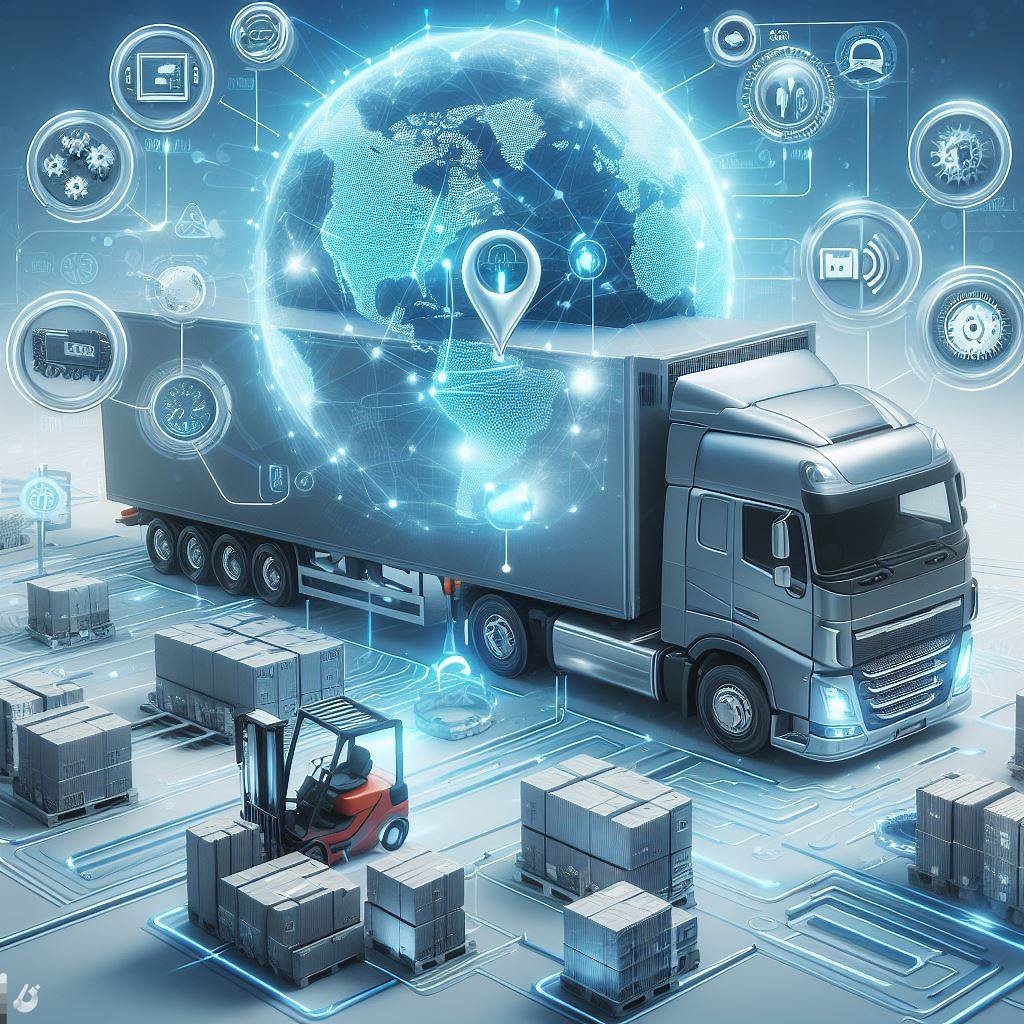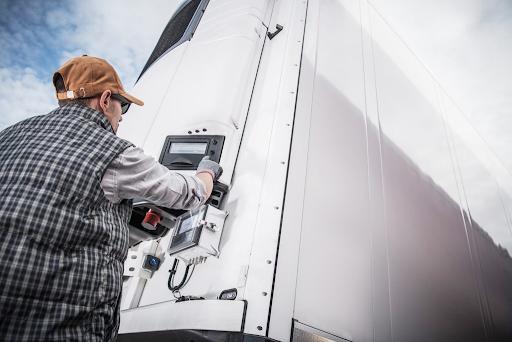The evolution of temperature control technologies has made a significant impact across various sectors, including manufacturing, healthcare, agriculture, and smart home automation. These advancements have resulted in enhanced energy efficiency, greater precision, and improved sustainability. This article examines the most recent developments in temperature control technologies and their effects on different industries.
Smart Thermostats and AI Integration
A major breakthrough in temperature control is the implementation of smart thermostats integrated with artificial intelligence (AI). These devices adapt to user habits and automatically modify temperature settings to optimize energy consumption.
Key features include:
- Machine learning algorithms that anticipate temperature preferences
- Mobile app access for real-time adjustments
- Compatibility with smart home systems for integrated automation
Precision Cooling and Heating Systems
Sectors that demand exact temperature control have gained from sophisticated HVAC systems and climate-controlled environments. Significant enhancements include:
- Variable Refrigerant Flow (VRF) systems, which offer tailored cooling and heating solutions for various zones.
- Advanced sensors and IoT connectivity that facilitate real-time temperature monitoring.
- Geothermal heating and cooling systems that leverage the Earth’s natural energy for improved efficiency.
Cryogenic and High-Temperature Innovations
In scientific and medical fields, progress in cryogenics and high-temperature systems has been revolutionary. These technologies play a crucial role in: –
- Preserving biological specimens in laboratory settings
- Improving semiconductor manufacturing techniques
- Creating advanced aerospace materials capable of enduring extreme temperatures.
Temperature Regulation in Food and Agriculture
The food and agriculture sectors depend on accurate temperature regulation to maintain food safety and enhance crop production. Recent advancements include:
- Intelligent refrigeration systems designed to reduce energy usage
- Automated climate-controlled greenhouses that adapt to real-time weather changes
- Cold chain logistics monitoring, ensuring that perishable items are kept at ideal temperatures during transit
Sustainable and Environmentally Friendly Approaches
In light of increasing concerns regarding energy use, contemporary temperature regulation technologies emphasize sustainability. Notable recent innovations include:
- Energy-efficient HVAC systems utilizing low-global-warming-potential refrigerants
- Solar-powered cooling systems that lessen reliance on conventional electricity sources
- Thermal storage solutions that capture and repurpose excess heat
The Future of Temperature Regulation
In the coming years, the evolution of temperature regulation technologies will emphasize enhanced automation, superior energy efficiency, and deeper integration with the Internet of Things (IoT). Anticipate developments such as:
- Self-adjusting materials that respond to environmental changes
- Advanced predictive analytics that mitigate temperature variations before they arise
- Hybrid temperature regulation systems that integrate multiple energy sources for optimal efficiency
Conclusion
From intelligent thermostats to precise industrial applications, innovations in temperature regulation technologies are reshaping various sectors. As these advancements continue to focus on sustainability and automation, both businesses and consumers stand to gain from increased efficiency, cost reductions, and improved comfort. Staying abreast of these trends will facilitate better resource management and contribute to a more sustainable future.

